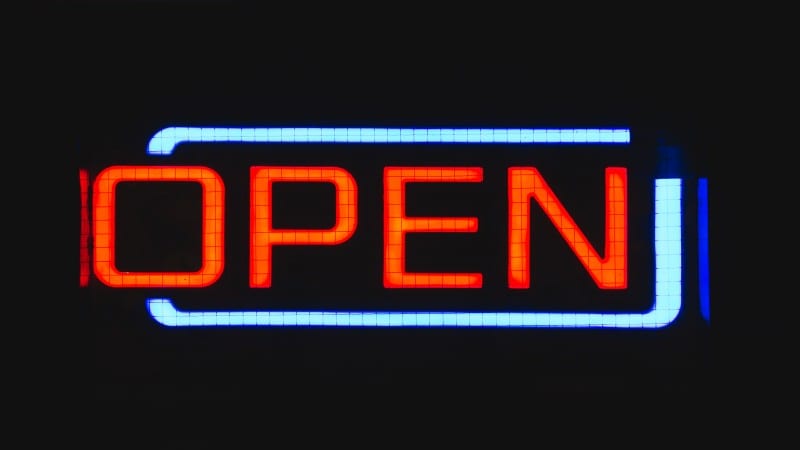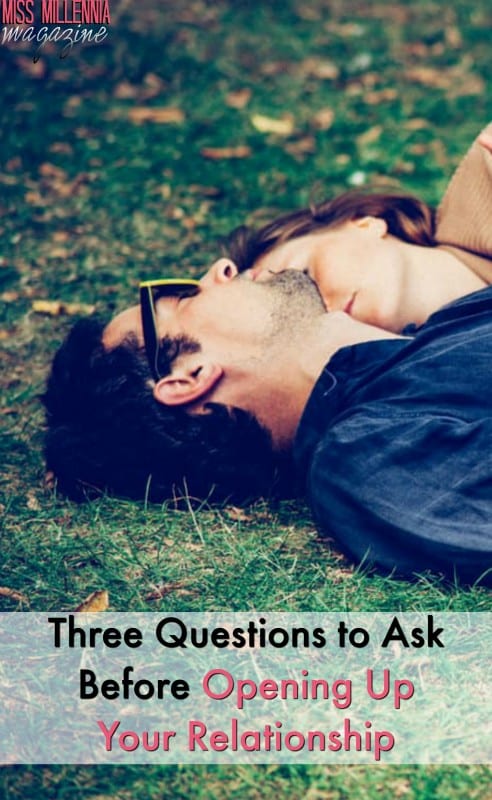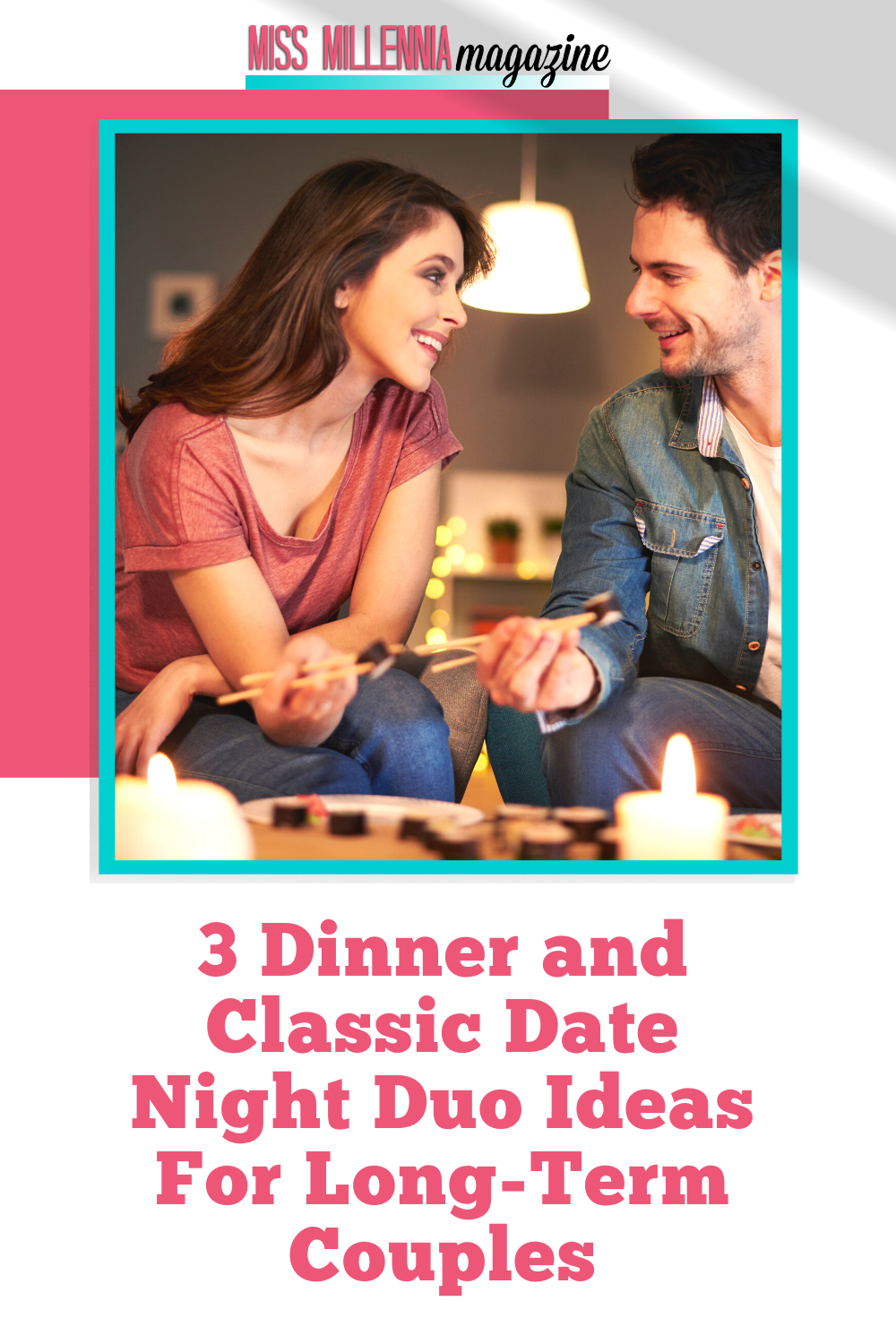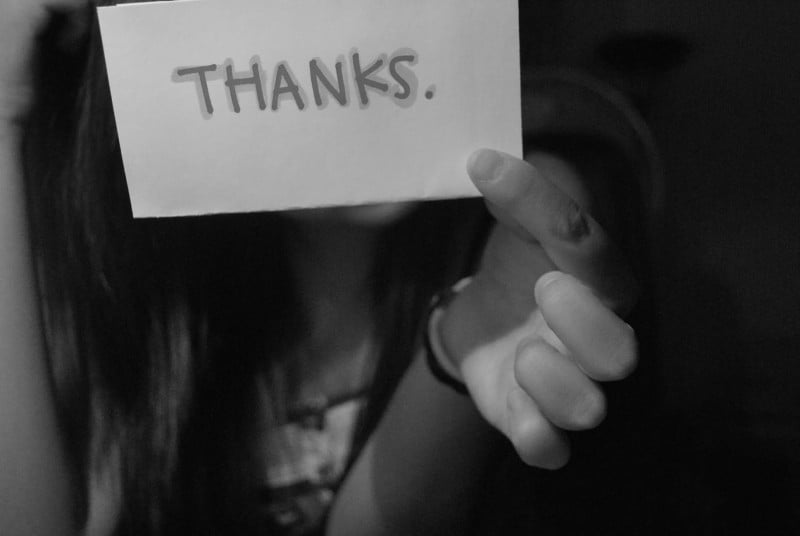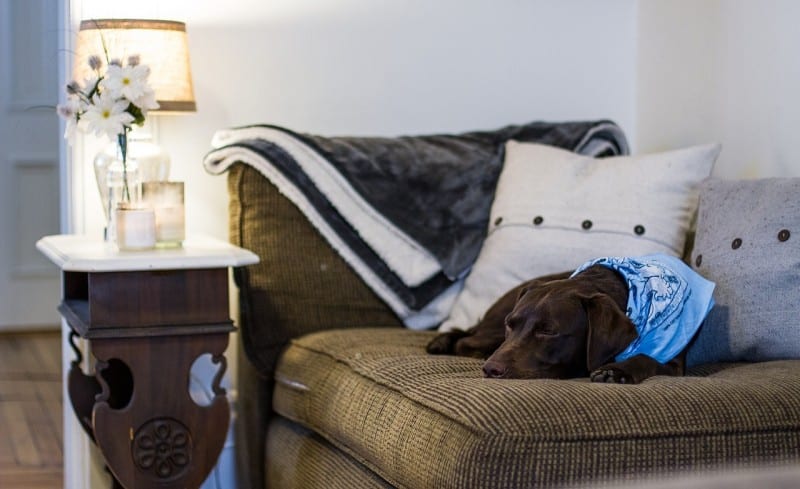3 Questions to Ask Before Opening Up Your Relationship
So your friend’s in an open relationship, and you’re thinking of giving it a try. Okay, maybe not. But it’s certainly possible the thought has crossed your mind. More and more millennials are choosing this alternative.
Thirty-two percent of young Americans say they were OK with their partners being sexual with other people, or OK with it depending on the situation, according to a September YouGov survey.
Twenty percent of men and women said they were in an open relationship at some point in their lives, a Kinsey Institute study found.
Indeed, Google searches with terms like “polyamory” and “open relationships” have rose steadily from 2006 to 2015. This was indicated by a study on Google Trends data by Amy Moors, director of social science research and evaluation in the College of Engineering at Purdue University.
Despite what you may have heard, polyamory and open relationships all boil down to the same thing. You’re romantically or sexually involved with multiple people, and all partners consent to it. However, the reasoning to enter an open relationship or open up a preexisting one can vary.
The media has made open relationships more visible, Moors said. It’s given the public better language related to open relationships. People have more information at their fingertips and may be more willing to engage in an open relationship.
Ev’Yan Whitney, a sexual liberation coach and millennial married non-monogamist in Portland, Ore., said giving herself the permission to talk openly about non-monogamy has helped unlock desires and question what she wants out of her relationship.
“This idea of having multiple lovers … having a bigger capacity to love and to openly choose to have this sort of model is really radical,” Whitney said, “and so sometimes all it takes is for you to begin to play around with the idea. What does it look like to have this kind of model, and what sort of things would you want to accomplish?”
Whether you’re open to more love or just want to add another person to the mix, being on the same page is your first crucial step. So before jumping the gun, here’s three important questions you should consider.
1. Am I interested for the right reasons?
Kathy Labriola, a poly counselor, nurse and hypnotherapist in Berkeley, Calif., said individuals have two kinds of motivation. “Either you’re looking for more of something that you already have, or something slightly different in addition to what you already have in your relationship,” she said. Being brutally honest with yourself and your partner about your motivations helps you pursue your relationship lives in the healthiest way.
Anya Light, a healer and author in Bowling Green, Ohio, said sharing the same intentions is vital. “An intention is a necessary grounding force,” she said, “an intention creates a safe space for the couple to learn and explore together.” Make a plan. Ask yourself and your partner how you will approach this together and go from there.
Whitney advises couples to make it easy on themselves by having a strong relationship going in. “In order for this relationship to work, the foundation of your primary relationship has to be rock solid,” Whitney said. “If it’s not, it’s just not going to work, or it could work, but there’s going to be an uphill battle all the way.”
2. What type of a commitment will work?
“One thing I want people to know is that this whole road to having alternative relationships is a path made by walking,” Whitney said. “For us, Jonathan and I had to make a lot of mistakes and basically find our footing in ways people didn’t tell us about because monogamy is such a default.”
Even though expectations can change through time and experience, you should both be ready to set some boundaries from the inception. Some of these will be softer and more fluid, while others are stricter and unlikely to change.
Maybe you don’t want each other to kiss other partners on the first date, but, over time, you might let go of that boundary. Cheating is a non-flexible boundary. Establishing soft and firm boundaries can be a helpful guide for each couple, even if their boundaries shift through different relationship stages, Whitney said.
Labriola advises couples to start with casual dating where stakes are low and neither partner has invested much. She often sees couples only thinking about the gains — excitement, sex, or romance — neglecting to think about what they’re losing. Understanding the losses as equally as the gains and managing time and energy are key in maintaining an open relationship, Labriola said.
“A lot of people who seem to succeed most fabulously with an open relationship are people that have a slightly more flexible schedule than sort of your average person who may be working a 9-5 and commuting a few hours a day, and, y’know, have kids at home to take care of,” she said.
Thinking about how much free time you have, and which hobbies you’re willing to give up affects what you’re emotionally and socially available for, and how many outside relationships your relationship can tolerate.
3. Can I truly be open, being open?
Where monogamous couples can coast on shared assumptions about their relationships, couples in open relationships have to constantly communicate, Labriola said.
Laurie Ellington, a poly-relationship coach in Austin, Texas, said communication is an essential responsibility when opening up. “Communication helps us see through the clouds, and gain clarity on what we need, and how to get those needs met,” she said.
Some of the biggest tenets of open relationships are communication and honesty, Whitney said. Vocalizing those clearly is more important than being perfect at it and has deepened her relationship.
“For us, talking about jealousy and my fear of being abandoned … was really difficult,” she said, “but it really helped give perspective on where we’re coming from and was a good place for healing.”
Processing and disclosing your emotions to your partner might seem complicated at first, but can ultimately strengthen your relationship as you move forward.
Sources
https://today.yougov.com/news/2016/10/03/young-americans-less-wedded-monogamy/
https://www.tandfonline.com/doi/abs/10.1080/00224499.2016.1178208?journalCode=hjsr20
https://www.tandfonline.com/doi/abs/10.1080/0092623X.2016.1178675?journalCode=usmt20
Amy C. Moors, amymoors@umich.edu
Amanda Gesselman, agesselm@indiana.edu
Ev’Yan Whitney, evyan@sexloveliberation.com
Kathy Labriola, anarchofeminist@yahoo.com
Anya Light, purplemorningsreiki@gmail.com
Laurie Ellington, polycoaching@gmail.com

